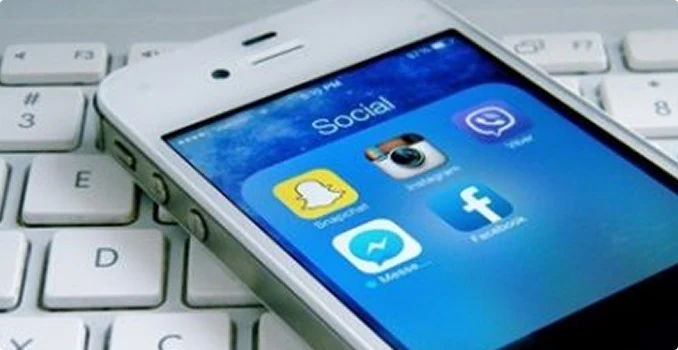Fitness Tracking Apps
Fitness tracking applications are becoming more and more popular as the technology gets cheaper and more advanced. In 2018, Fitbit was estimated to have more than 27 million users who use their app at least once a month. Fitness tracking applications perform many functions designed to assist the athlete in obtaining and maintaining a healthy lifestyle. These include mapping runs, tracking heart rates, analyzing sleep patterns, and more. In the legal realm, these same functions can also be used to help discover the truth.
By extracting and analyzing the information gathered by applications like Fitbit, Garmin, and Misfit, an experienced forensics examiner can determine things such as:
- Location
- Direction of travel
- Speed
- Activity level
- Heart rate
- Levels of Consciousness, like sleep
This allows them to make key findings like whether the user deviated from a routine, how fast they were going, whether they showed an increased heart rate, or even if it could reasonably be assumed that they were sleeping at a given time.
In the past this information has been used to help determine fault in accidents, verify an alibi, and even show that a person had suffered decreased mobility due to a past injury.
There are a few methods professionals can use to obtain this data. Some applications, such as Fitbit, have settings in the app that allow the user to download. Other apps require extracting the database from the phone and manually deciphering the database. In either case, an expert is recommended to conduct the analysis to ensure the integrity of the data and findings.




